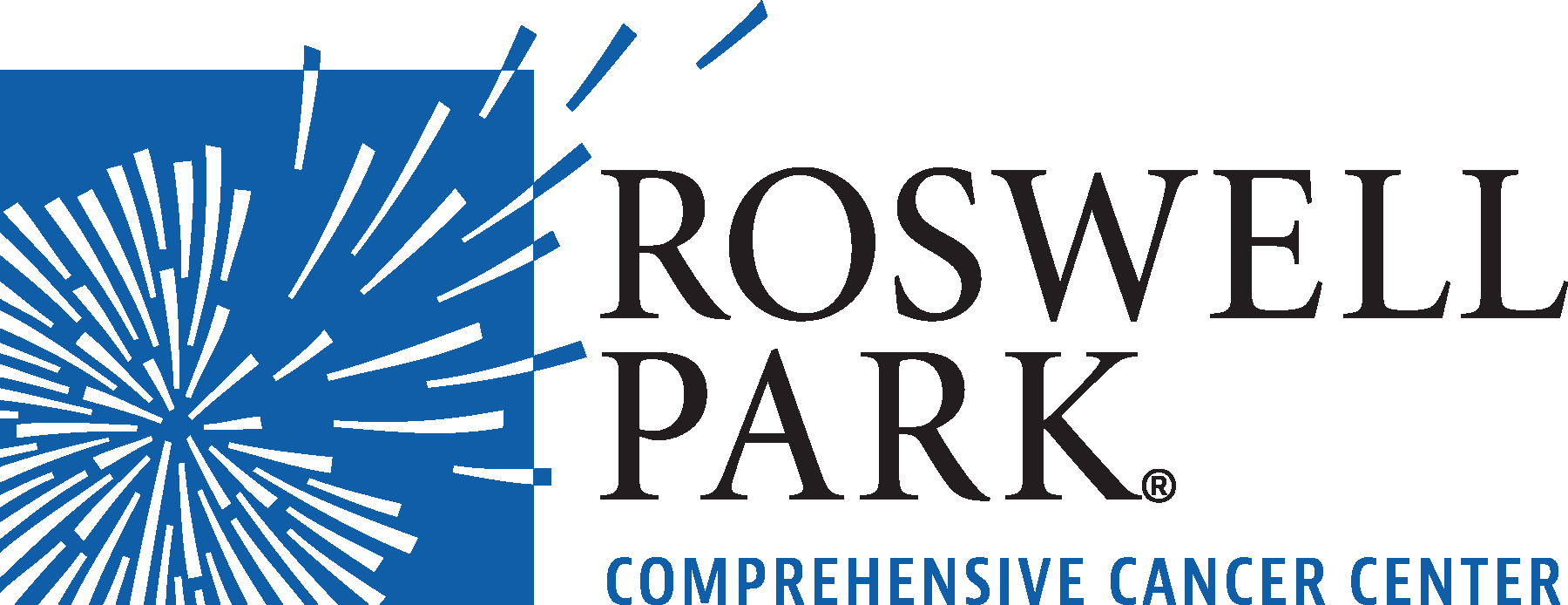Newswise — BUFFALO, N.Y. — For smokers who are addicted to alcohol, chronic alcohol abuse may increase the rate of nicotine metabolism and contribute to poor smoking cessation rates. When smokers stop drinking the nicotine metabolism rates decline significantly, according to a study conducted by an international research team led by Roswell Park Cancer Institute (RPCI). The research was a collaboration of scientists from Roswell Park, the University of California, San Francisco, and the Medical University of Silesia and Center of Addiction Treatment in Poland.
The information, published in the journal Drug and Alcohol Dependence, may inform future smoking cessation interventions among heavy alcohol users.
“Our study showed that chronic heavy alcohol consumption may lead to an increase in the rate of nicotine metabolism, which could be one contributing factor to the poor smoking cessation rates in smokers addicted to alcohol,” says senior author, Maciej Goniewicz, PhD, PharmD, Assistant Professor of Oncology in the Department of Health Behavior at Roswell Park. “It is an important finding since a faster rate of nicotine metabolism was previously found to be associated with smoking more cigarettes per day, greater nicotine withdrawal symptoms and decreased efficacy of nicotine replacement therapy for smoking cessation. Importantly, we also found that when smokers stopped drinking, their nicotine metabolism slowed down.”
The study was conducted from September 2011 to May 2012 at the Center for Addiction Treatment, an inpatient program providing treatment for alcohol dependence in Parzymiechy, Poland. A total of 318 participants were screened for eligibility, and 270 consented to participate in the study. Nicotine biomarkers were assessed in 22 participants selected randomly among male smokers from that group. The data collection occurred after cessation of alcohol consumption at three time points: baseline, week four and week seven. The results suggest that a normalization of nicotine metabolism occurred by week four of abstinence from alcohol.
“Understanding changes in nicotine metabolism associated with chronic alcohol abuse and recovery during alcohol abstinence could have important implications for understanding smoking behavior and improving smoking cessation interventions for current and former heavy alcohol drinkers,” adds paper co-author Neal Benowitz, MD, Professor of Medicine at the University of California, San Francisco. “This could have implications for the timing or choice of smoking cessation treatments in recovering alcoholics.”
This research was funded by grants from the Ministry of Science and Higher Education of Poland (award no. N404 145539), National Institute on Drug Abuse (project nos. R01DA002277 and P30DA012393) and National Cancer Institute (project no. R25CA113710).
The study, “Cessation of alcohol consumption decreases rate of nicotine metabolism in male alcohol-dependent smokers,” is available online at sciencedirect.com.
One of the study’s authors, Andrzej Sobczak of the Medical University of Silesia, Katowice, Poland, received personal fees from the Smoking Institute in Poznan, Poland, and nonfinancial support from Chic Group LTD, outside of this submitted work. Dr. Goniewicz received a research grant from Pfizer Inc., and Dr. Benowitz serves as a paid consultant to pharmaceutical companies that market or are developing smoking cessation medications. He also has been a paid expert witness in litigation against tobacco companies. All other authors have nothing to disclose.
The mission of Roswell Park Cancer Institute (RPCI) is to understand, prevent and cure cancer. Founded in 1898, RPCI is one of the first cancer centers in the country to be named a National Cancer Institute-designated comprehensive cancer center and remains the only facility with this designation in Upstate New York. The Institute is a member of the prestigious National Comprehensive Cancer Network, an alliance of the nation’s leading cancer centers; maintains affiliate sites; and is a partner in national and international collaborative programs. For more information, visit www.roswellpark.org, call 1-877-ASK-RPCI (1-877-275-7724) or email [email protected]. Follow Roswell Park on Facebook and Twitter.
MEDIA CONTACT
Register for reporter access to contact detailsCITATIONS
R01DA002277; P30DA012393; R25CA113710; Drug and Alcohol Dependence
